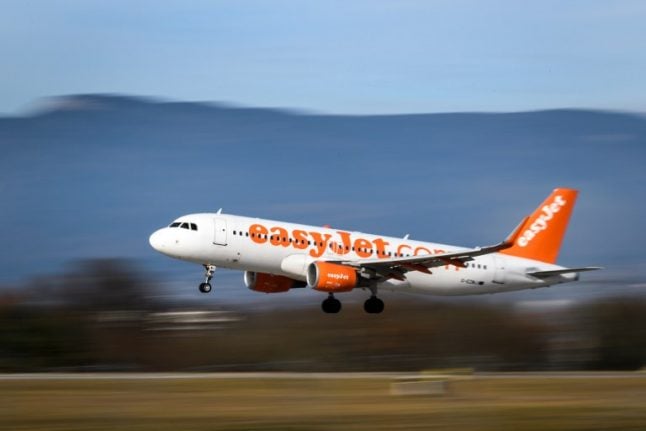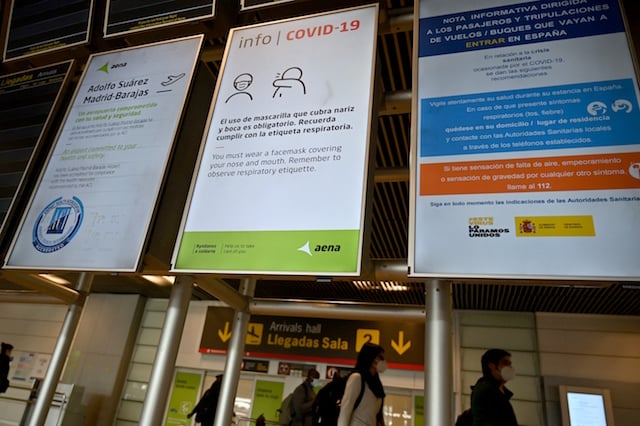EasyJet's director general Johan Lundgren said on Wednesday he believed the disruption caused by air traffic control strikes and bad weather combined cost the company €25 million in the third quarter to June 30th.
That figure was due to the fact 2,606 flights were cancelled in the same period.
Lundgren said the repeated strikes by controllers in France “significantly impacting its operational performance and was pushing up costs.”
The easyJet chief denounced the strikers for violating one of the “four freedoms” of the EU – that of the freedom of movement of its people.
He said: “Disruption this year so far has been equivalent to all of 2017, which has been challenging, and we estimate this will not go away.”
The statement by EasyJet follows similar moves by Ryanair and British Airways owner IAG who want the EU to force France to do more to tackle repeated strikes by air traffic controllers which have led to more than 750,000 passengers having flights cancelled since the start of this year.



 Please whitelist us to continue reading.
Please whitelist us to continue reading.
Member comments